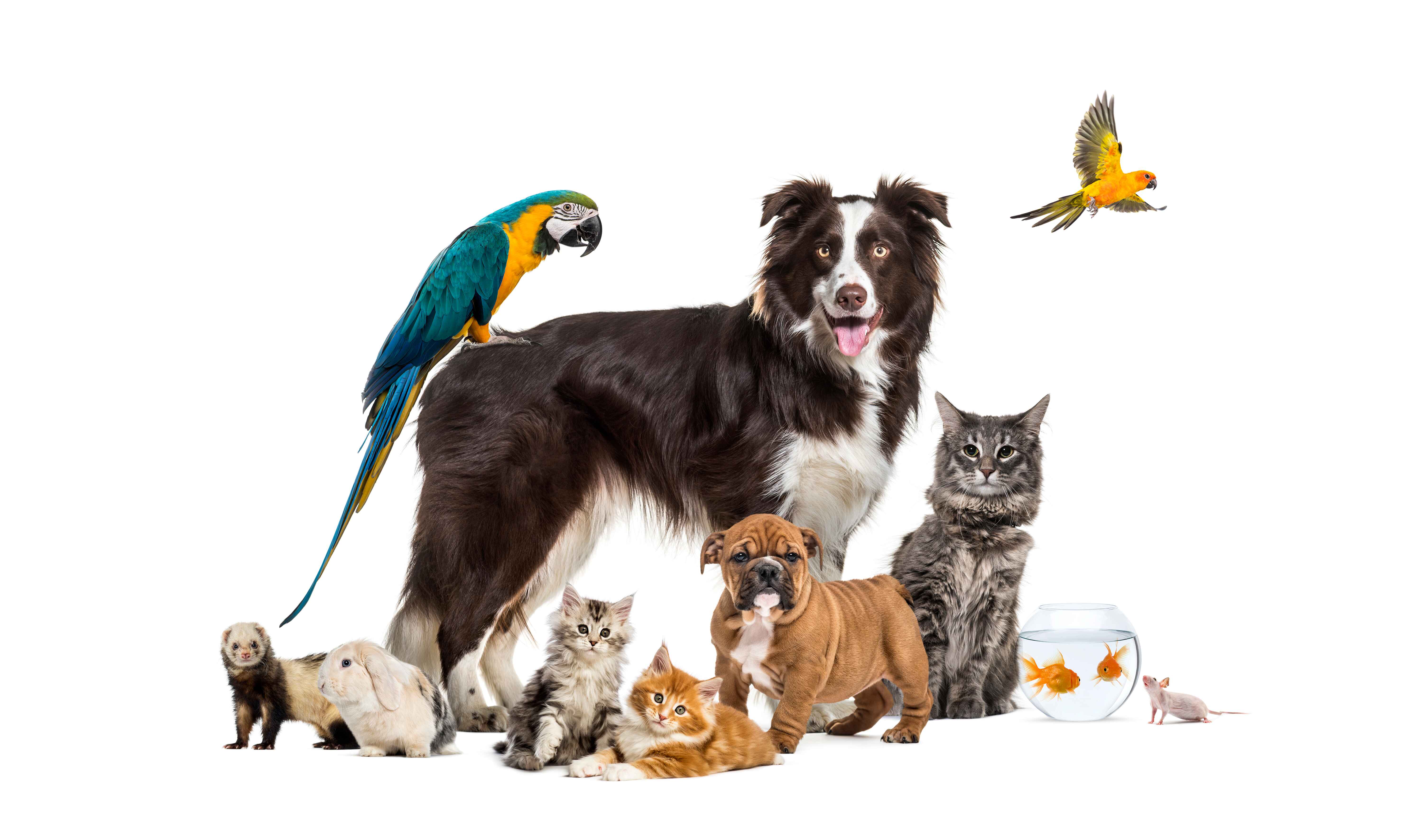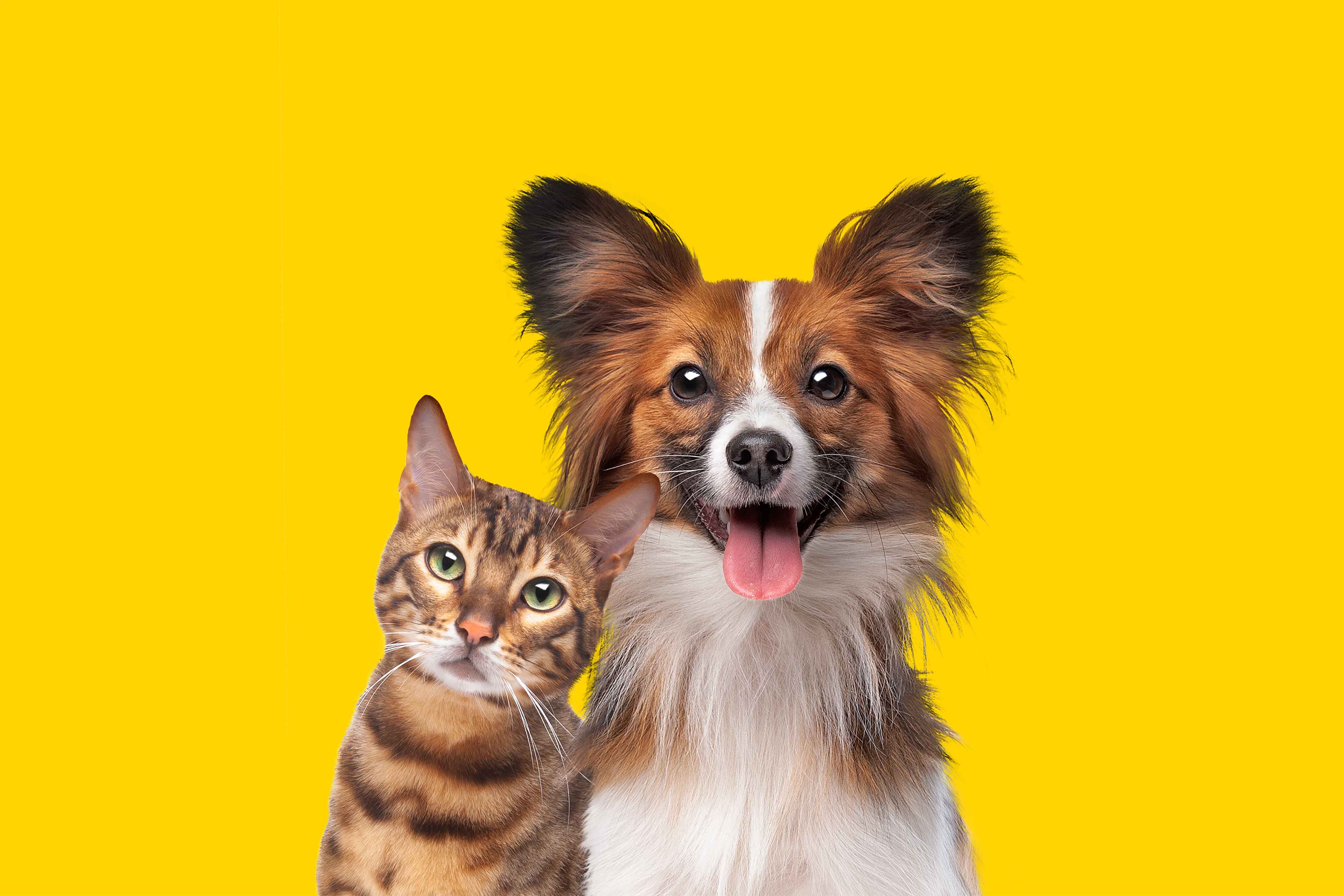This Little-known Medical Emergency Could Kill Your Pup

8.10
https://www.barkandwhiskers.com/2015-09-16-nl-water-intoxication/
https://www.barkandwhiskers.com/p/3257535f-02d8-49f6-9f08-20d183a515e1/
By Dr. Becker
If you’re like most dog guardians, you’re more concerned with making sure your canine pal is well-hydrated than whether he might be “over hydrated.” But it’s actually possible for your pet to ingest too much water, and each year a small percentage of water-loving dogs get dangerously drunk on their favorite beverage.
Water intoxication can result in a potentially fatal condition called hyponatremia, which is an excessively low blood sodium level. Dogs that play in the water for long periods of time are at highest risk, as are dogs that ingest water from a lawn sprinkler or hose.
Hyponatremia
Hyponatremia is a condition in which more water enters the body than the body can process. The excessive amount of water dilutes bodily fluids, throwing off the electrolyte balance. It reduces sodium levels in fluid outside of cells (extracellular fluid). Sodium is necessary to maintain blood pressure and the function of muscles and nerves.
As the sodium level in extracellular fluid drops, the cells fill with water as the dog’s body tries to balance sodium levels inside cells with falling levels outside cells. The water-filled cells, which include brain cells, start to expand. The central nervous system can also be impacted.
Symptoms of Water Intoxication
Signs of water intoxication include the following:
Staggering, loss of coordination Bloating Glazed eyes Lethargy Vomiting Pale gums Nausea Dilated pupils Excessive drooling If the condition is severe, there may also be difficulty breathing, collapse, loss of consciousness, seizures, coma, and death.
Is Your Dog At Risk?
It’s possible for any dog to ingest too much water, but hyponatremia is most often seen in water-loving canines that spend hours at a time in the pond, pool, or lake; dogs that constantly lap up water or bite at it while they’re swimming; and dogs that inadvertently swallow water as they dive for toys.
Other potential candidates are dogs that drink too much water during or after exercise or competition, and dogs that enjoy getting sprayed with water from a hose or sprinklers.
Due to their size, smaller dogs show signs of water intoxication more quickly than larger breeds because it doesn’t take long for an excessive amount of water to accumulate in their bodies.
Treatment of Hyponatremia
Water intoxication progresses very quickly and can threaten your pet’s life, so if he’s been playing in water and begins to show one or more of the symptoms listed above, you should seek veterinary care immediately.
Treatment of the result of water intoxication, hyponatremia, usually involves intravenous (IV) electrolytes, diuretics, and medications to reduce brain swelling. With aggressive veterinary care, some dogs do recover, but tragically, many do not.
Avoiding Disaster
There are several common sense steps you can take to prevent your canine companion from ingesting too much water.
- Whenever she’s in or near water, make sure you’re there to supervise. If she likes retrieving a ball or other toy from the water, make sure she takes frequent breaks. And be especially careful when the water is rough.
- Watch your dog closely when he’s interacting with the water. If his mouth is open a lot it’s a given he’s ingesting water, and potentially too much. Dogs that dive beneath the water’s surface to retrieve items are also ingesting water.
- Know the symptoms of water intoxication and monitor your dog’s appearance and behavior whenever she’s playing in water.
- After exercise or a competitive event, make sure your dog rehydrates safely. If he laps up every drop in his water bowl, let him rest for awhile before offering a refill. Take water with you when your dog exercises so you can give him frequent short water breaks to keep him hydrated.
- If your dog likes to play in or drink from the hose or sprinkler, monitor her activity closely. Because water from a hose or sprinkler is under pressure, she can ingest a great deal of it in a short amount of time.
How Much Water Should My Dog Drink to Be Well-Hydrated, But Not Over-Hydrated?
Your dog’s daily water intake depends on his size, diet, age, activity level, and the time of year.
- A healthy dog should drink between ½ and 1 ounce of water per pound of body weight each day. For example, a 70-pound Golden Retriever should drink between 35 and 70 ounces, or from about ¼ to ½ gallon of water daily. A 6-pound Chihuahua needs only 3 to 6 ounces.
- Dogs fed a balanced, moisture-rich, and species-appropriate diet are getting good hydration from their food, so they may not drink as much from the water bowl. However, dogs fed dry food (which I don’t recommend) may need more than the average daily intake to make up for the lack of moisture in their diet.
- Puppies should be offered small amounts of water every couple of hours and should be closely monitored and encouraged to drink.
- During the warmer months of the year, it’s important to monitor your dog’s water intake to insure she’s adequately hydrated.
What If My Dog Doesn’t Drink Enough Water?
To determine if your dog is under-hydrated, lift a bit of skin at the back of her neck and let it go. If the skin falls quickly back into place, your dog is well-hydrated. The skin of a dehydrated dog will fall more slowly and form sort of a tent shape.
You can also check your dog’s gums. Moist, slick gums indicate a good level of hydration; dry or sticky gums mean your pet’s body needs more water.
If your dog doesn’t drink enough water, make sure to praise her and give her a treat whenever she drinks from her water bowl, and place fresh water close to all the places she frequents, like her bed and food bowl.
Add yummy flavorings like chicken or bone broth to your dog’s water to make it more tempting, and consider getting a pet drinking water fountain as a further enticement.
If you’re feeding dry dog food, switch to canned, and then to a balanced raw diet to greatly increase the amount of water your pet is getting from each meal.
Related Articles:
 The Real Reason Your Dog Is a Sloppy Drinker
The Real Reason Your Dog Is a Sloppy Drinker Not All Beaches Allow Dogs - But These 8 American Beaches Do
Not All Beaches Allow Dogs - But These 8 American Beaches Do
